Grace report: Fran O'Keeffe's family on why they took her out of the same foster home in 1992
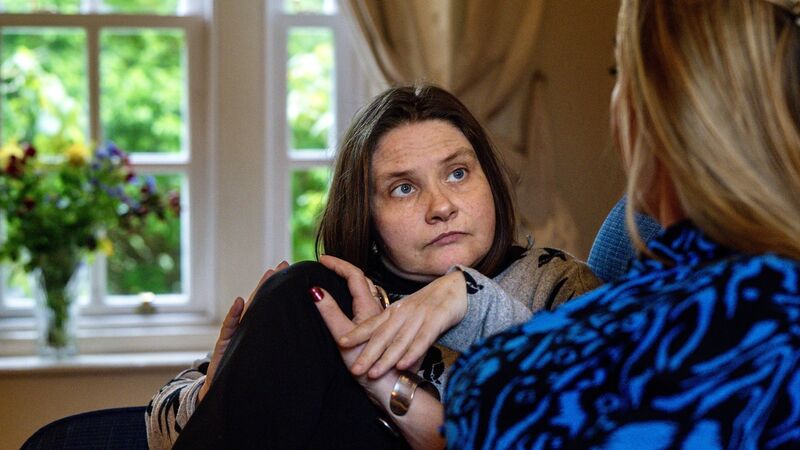
Frances 'Fran' O’Keeffe, who is non-verbal, looks into her sister Molly's eyes, right. As a child, Fran shared a foster care room with 'Grace'. Now aged 45, Fran lives with serious ongoing issues which her family say are linked to her experiences there. Picture: Chani Anderson.
When we go to visit visit Fran at her home, which is next door to her parents’ house, she comes to the door to greet us.
Her curious eyes meet ours and she holds out her hand and watches as we sit down.
Fran is 45 now. She and her family advocated for 10 years to secure the funding that would enable her to live next to her family in the heart of her community. For all of her 45 years, they have fought so that Fran matters. They have fought so she can be heard.
As we begin to talk, Fran gazes lovingly at her older sister Molly. Several times she reaches out her hand to affectionately touch her mother.
However, when Nuala begins to tell Fran’s story, it is clear that, despite her profound needs and the fact that she cannot speak, she knows her mother is upset.
She calls out to her several times and Nuala and Molly decide to take her to see her dad Michael and brother Tony while they tell Fran’s story.
“Fran has an amazing emotional intelligence, and she can understand without the words,” says Molly.
“She will understand by the tone and if mam gets upset, she gets distressed. She is very protective and full of empathy.”
The story is upsetting for everyone.
Fran was one of the children placed in the foster home at the heart of the ‘Grace’ case — a scandal that has hit the headlines again in recent weeks with the publication of the Farrelly Commission report.
What was supposed to be the final chapter in another saga of how the State failed some of its most vulnerable, the publication of the commission of investigation report offered no solace, no sense of justice.
Instead, it added to the pain, frustration, and growing anger of the families at the centre of the scandal.
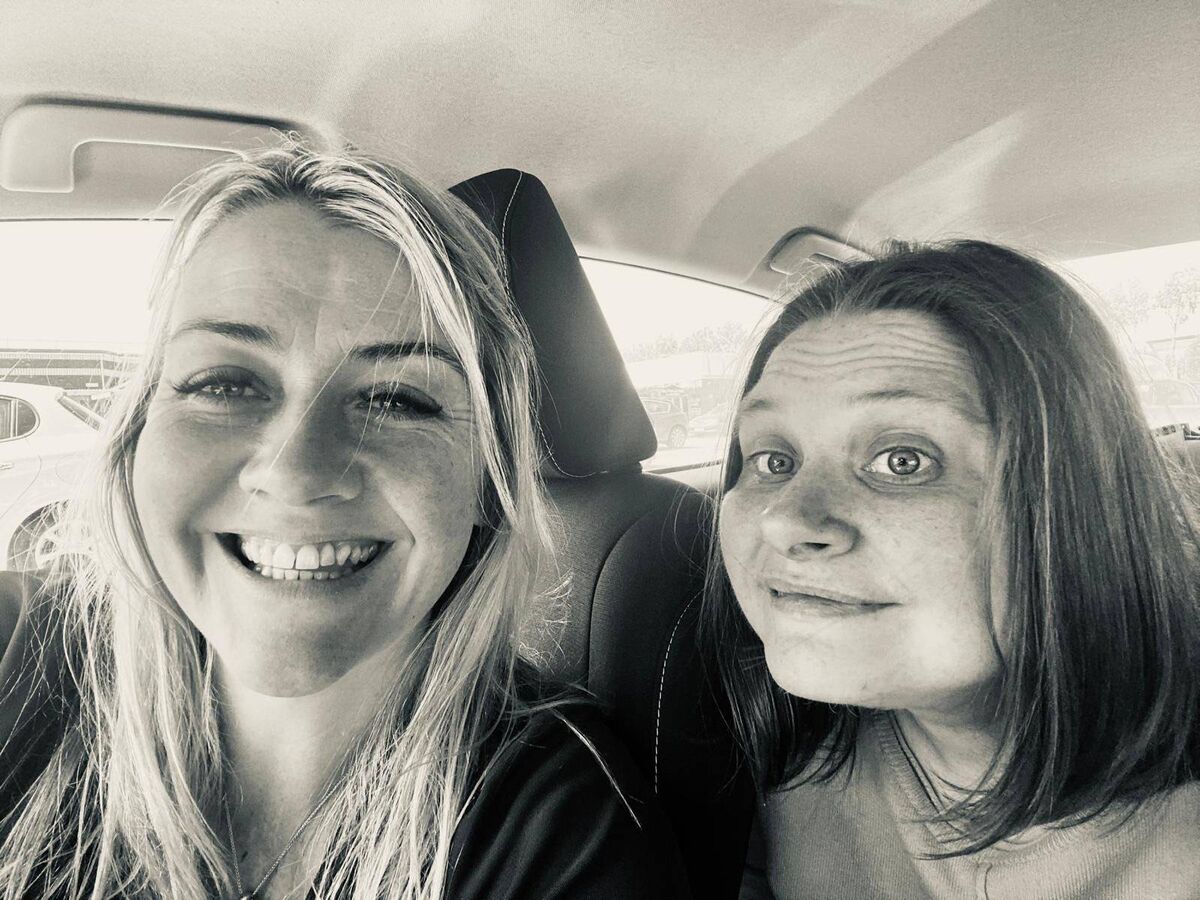
The investigation, chaired by senior counsel Marjorie Farrelly, was tasked with examining long-standing and serious allegations of physical, sexual, and financial abuse, as well as disputed claims of a cover-up of what happened involving Grace, Fran, and more than 40 other long- and short-term foster children.
Grace, who has profound intellectual disabilities and is non-verbal, was placed with Family X between the ages of 10 and 30, a period spanning the years 1989 until her move to residential care in 2009.
Nuala was the first to raise concerns about Family X. Fran lived with Grace at the foster home for respite periods from 1988 to 1993.
The Farrelly Commission found that Grace had been neglected and there was a lack of oversight in her care, but said it was not satisfied the evidence established she had been subjected to physical, sexual, or emotional abuse. It also did not accept that Fran was sexually abused.
The report, spanning eight years, costing €13.6m to date and running to more than 2,000 pages, raised more questions than it answered. Political controversy soon followed, with the commission at the centre of growing criticism and dissatisfaction from the families, whistleblowers, Government, opposition, and campaigners.
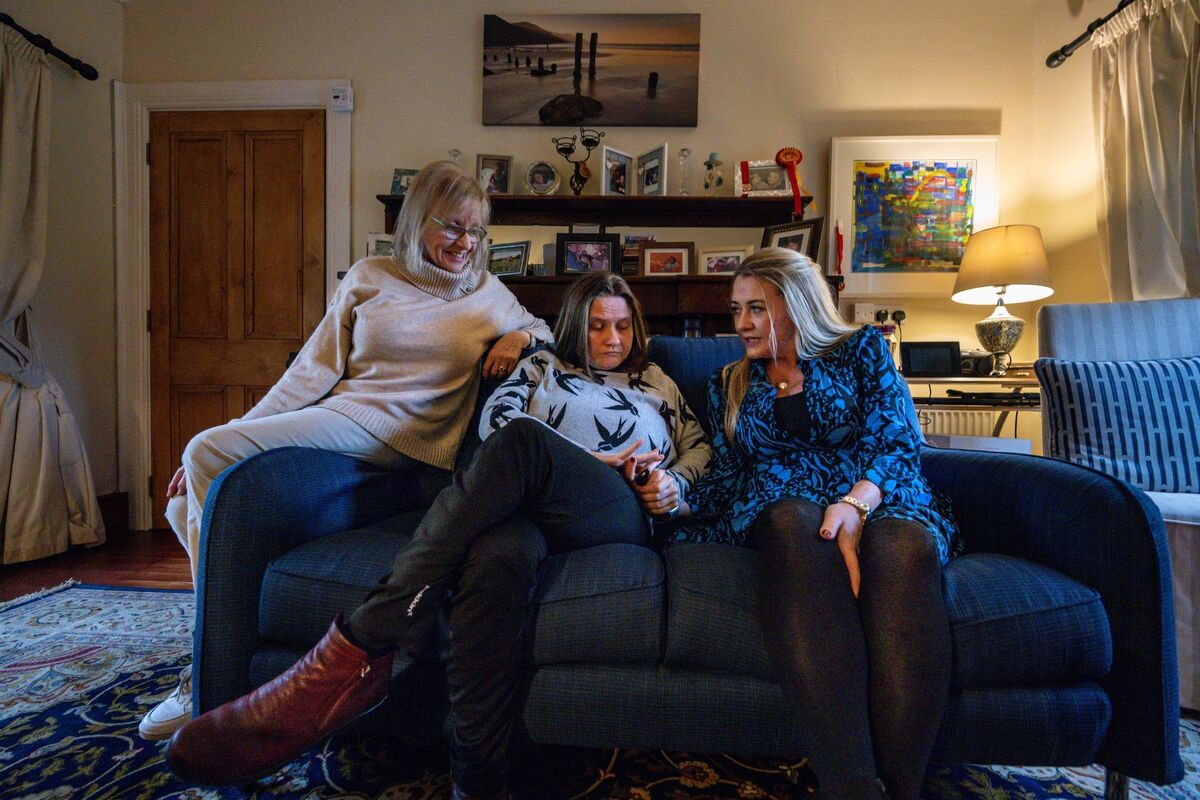
The criticism stepped up a notch last week when, in an unprecedented move, the state’s general solicitor for minors and wards of court responsible for Grace’s personal and legal affairs, went public with their assertion that submissions made on behalf of Grace were not “included nor referred to in any way in the report”.
That sense of betrayal forced Fran’s family to break their silence and go public because they believe Fran’s voice and lived experience got lost in the process.
“It is a deeply shocking report to us as a family,” says Nuala.
“We feel that there was no justice, and we cannot understand why we were treated like criminals [by the process].
“I came back from giving evidence in Waterford at the commission for two days in an awful state.
"I would never do it again if I was asked. I should have just taken her out of the home like I did and left it at that.
“Sometimes I deeply regret ever opening my mouth as I feel the State turned on me and there was no hope. I raised concerns for my daughter as I believe she was sexually abused in that foster home, but the commission did not accept that.”
The was invited to speak with Fran and her family in Waterford. Nuala decided to waive her family’s right to anonymity because she believes her daughter was failed by the State.
“Fran matters,” she says. “She was not heard or listened to. I am speaking out as I want to restore her voice and dignity.
“They didn’t hear me at the commission. They didn’t hear our daughter. I feel that the commission offered us nothing — no answers, no accountability, no closure. The process was shameful.
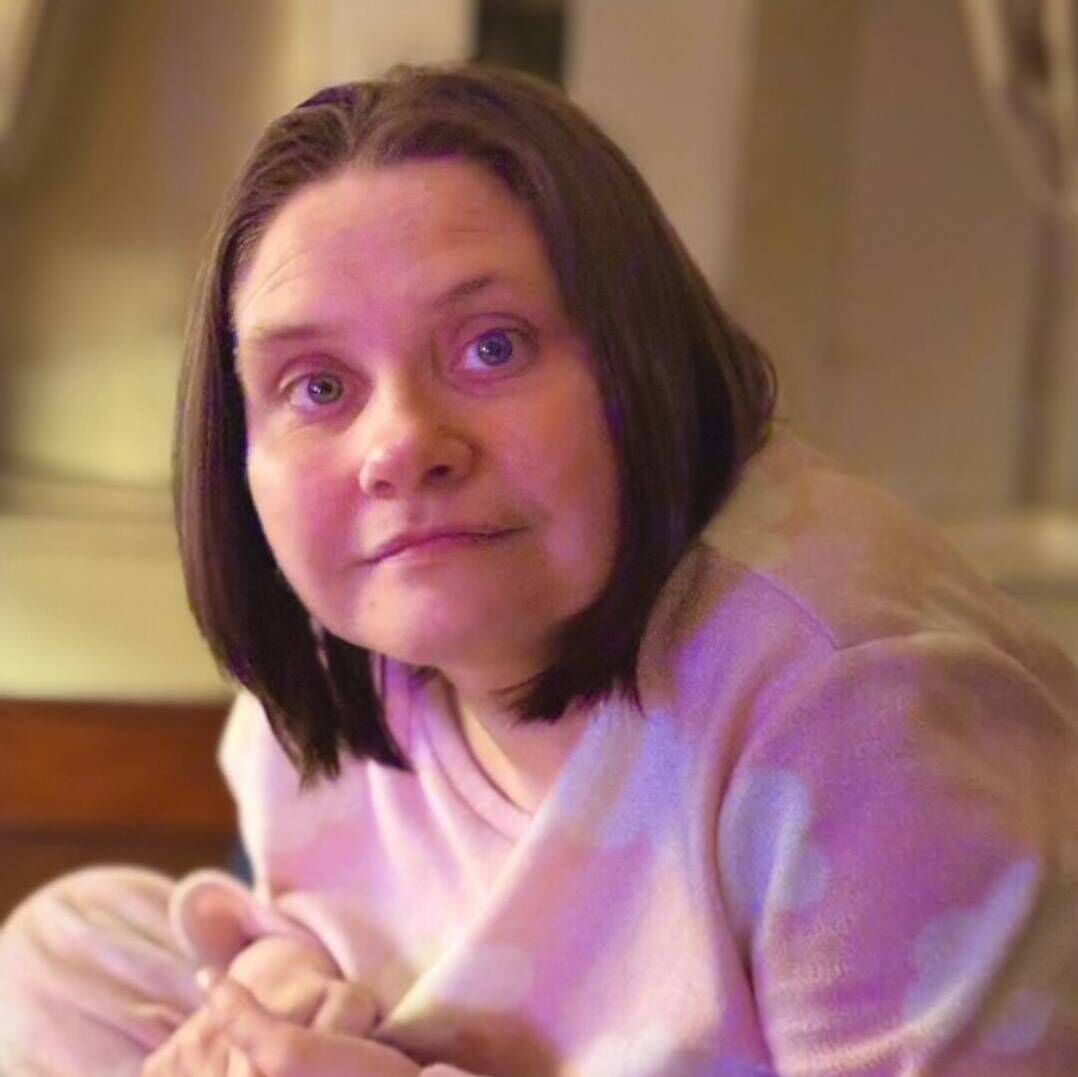
“Fran is not just a number; she is a human being. I am her mother, and I have always spoken up for her. She can’t use words to speak for herself.
“Up until now the children had no face or name — they deserve to be heard and seen. These are Irish citizens who are entitled to the same rights as us all within the State.
“The commission process left us feeling that the HSE doesn’t care, that the State doesn’t care.
“I would welcome them to meet our daughter, see her beautiful face, all that she has achieved as a survivor and continues to do so.
“She is my child, and I am speaking up for her. We all are.”
Fran was placed with a HSE-approved foster family known as X in 1988 when she was eight years old. She remained there until her mother removed her in January 1993.
Born with profound intellectual and physical needs at a time when there were little or no services to support her, Fran’s family struggled to find a suitable place for her to thrive and grow to her full potential.
“It was devastating at the time,” says Nuala.
“Due to complications during her birth, Fran was brain damaged. We realised when she came home something was wrong, I had a cousin who was a pediatrician. He took her and assessed her and showed me on a graph that she was not going to go anywhere, and that Fran would be a vegetable.
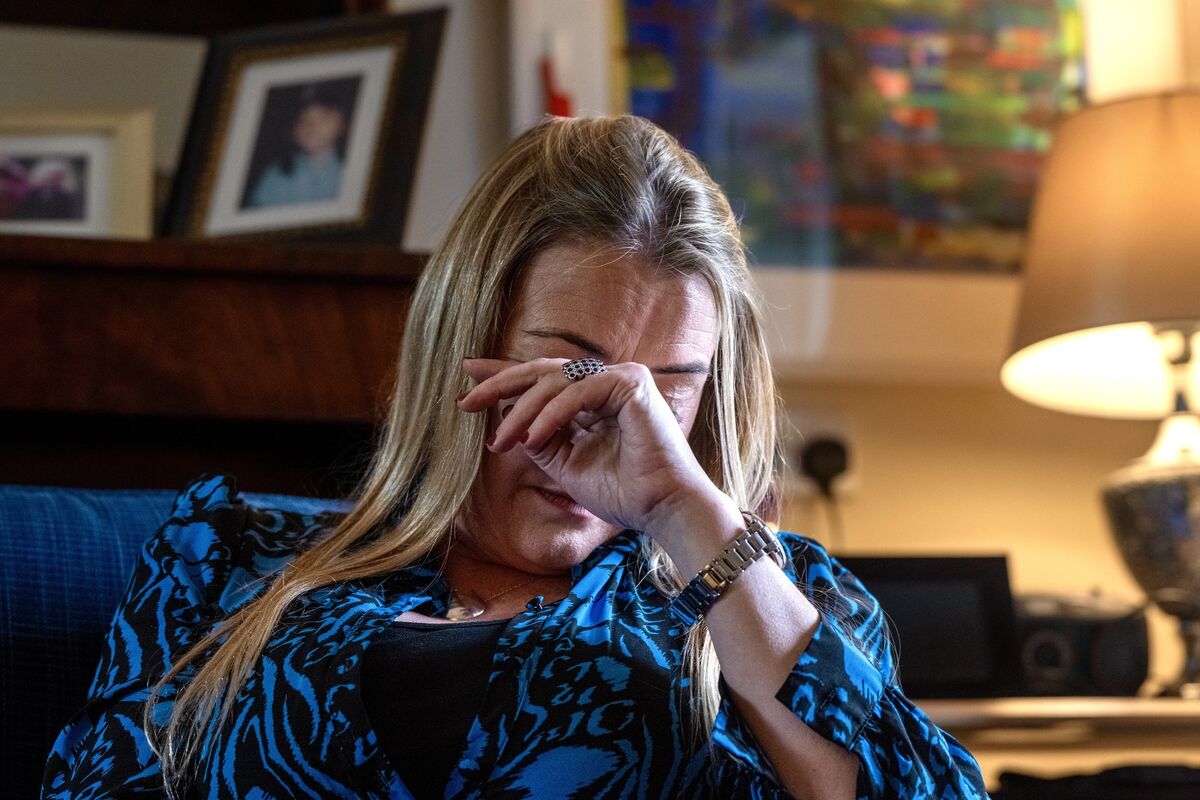
“My other two children, Tony and Molly, were born healthy and well. But I wanted to give her the best life. Fran was never expected to walk but she can, and she has many talents which she has developed with supports.
Fran’s older sister Molly adds: “Unfortunately it was a deficit medical model of service supports at the time — the issue was always based around the person’s label of disability, what the person can’t do, rather than the potential of what they can do with the right supports offered in the right way, at the right time by the right person.”
Nuala says Fran was around five when she secured speech and language services, and she learned sign language.
“She was coming on all the time. But the health bord advised the placing of Fran into a congregated full-time residential placement institutional care, and I said no.
“The disability nurse came, and I looked for options and I felt that best educational option for Fran was in Waterford City, but getting her there and back, it was a nightmare. It was very hard for her because it was a 100-mile commute daily.”
The O’Keeffe family, with the help of their community, pulled together and began making the daily journeys to and from the school.
“The women in the community would support Fran’s daily journey, that’s the power of community and belonging,” Molly states.
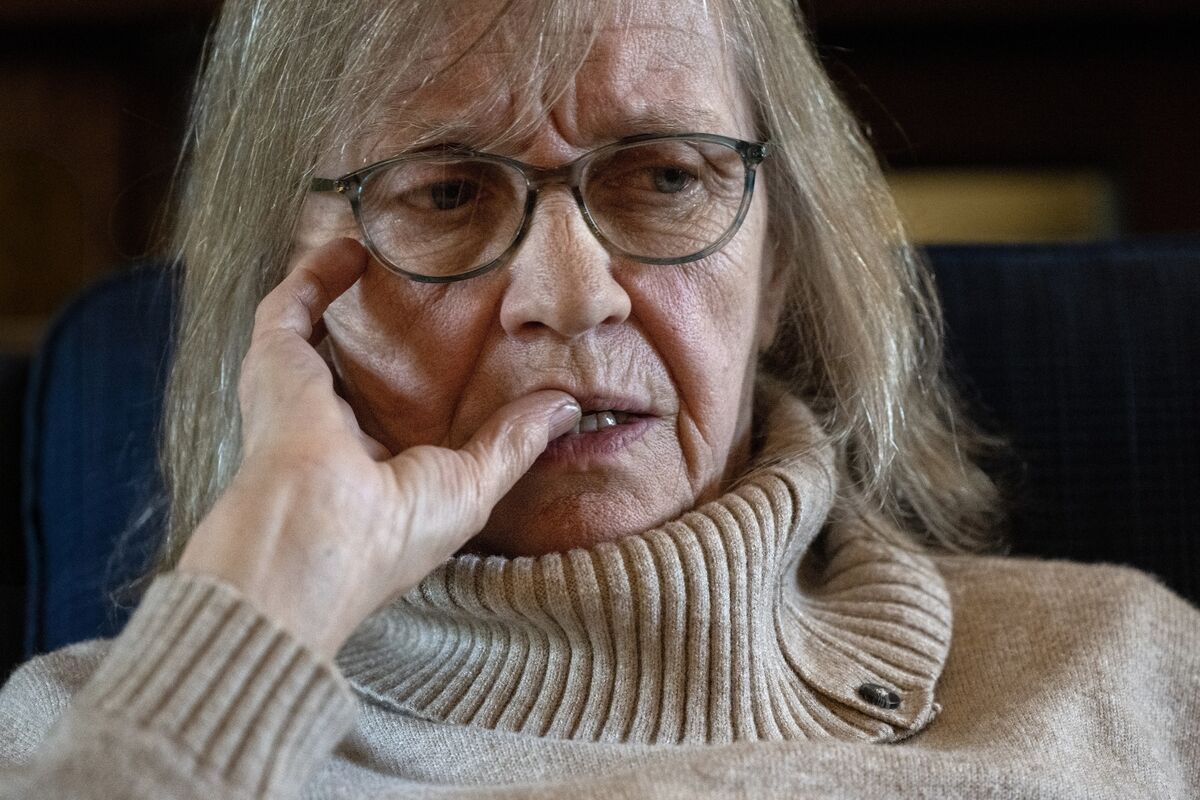
“Sadly, Fran collapsed after two years of travelling and could no longer sustain the exhausting daily commute. She was a tiny, petite lady, and it was exhausting for her.
“We knew we had to do something and find a better approach.”
Fran was born on November 24, 1980, at the Bon Secours hospital in Cork.
In its report, the commission said it “heard, and acknowledges, that she [Nuala] did an excellent job” in caring for her child.
It said: “She obtained speech therapy and sign language tuition and sought specialist advice on counteracting allergies from which she suffered. She also sought to obtain an education suitable to Fran’s needs but experienced a number of setbacks in that regard.”
In 1986, Fran attended the Waterford Day Unit, a service best suited for her needs.
“I looked everywhere for help,” says Nuala. “But in the end Fran couldn’t take the journeys it was too much for her.”
The day care unit contacted the South Eastern Health Board, and a placement was arranged for Fran at Family X’s house which was closer to the service and would break up the week of long-distance driving.
“I had a friend who was willing to help Fran, but she wasn’t registered with the HSE,” said Nuala.
Molly adds: “As a family you are guided by the professionals. We must be conscious of the enormous amount of power and influence professionals play in the lives of the individual and their families within the disability sector.”
Nuala underwent a hysterectomy in October 1990, and it was agreed that the foster family would care for Fran full-time while she was recovering.
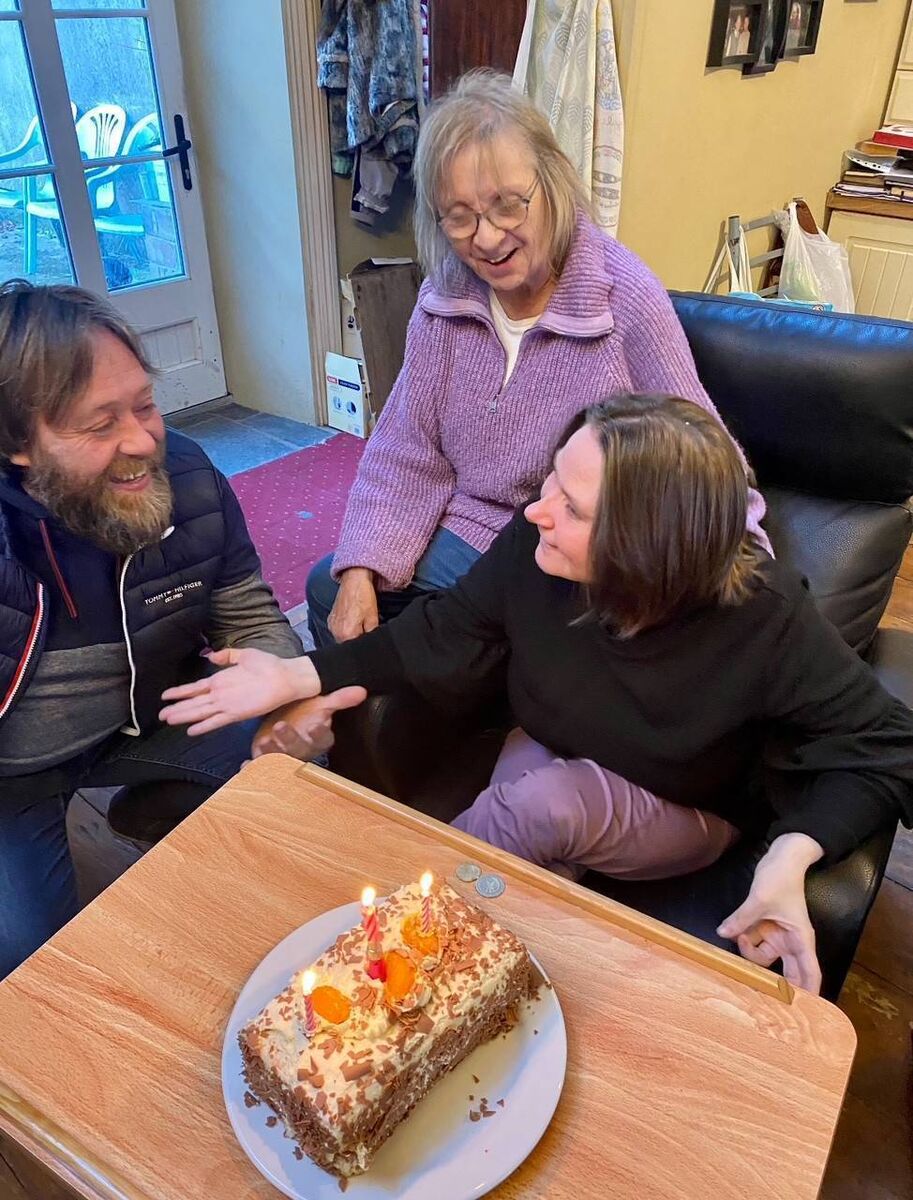
“She was there for around six or seven weeks and then she started coming back to us at the weekends and then the placement ended in January 1993,” says Nuala.
The placement broke down in December 1992 when Fran was at home for Christmas with her mother and they were playing a game of hide and seek.
“I said a phrase by chance,” Nuala recalls. “She stopped and did this pose, like she was schooled, and she pulled her pants down.
“I went out to the kitchen to my friend and said ‘will you just go in and say that phrase to Fran’, and she did, and Fran did the exact same thing.
“It was Fran’s way of telling me, I believe.
“We sat down and I was crying, and I said: ‘I’ll go to the GP tomorrow.’ I went on Monday morning and she said Fran was ‘breached’. I brought her to the hospital but when I went to the commission there were no records of this.”
The Farrelly Commission heard evidence from Nuala about her concerns regarding Fran’s behaviour at Christmas 1992.
The report states that Nuala said her GP recommended having Fran examined by a consultant and that she had been “breached”. In her evidence, the GP, now retired, strongly rejected this and said they were not told by Nuala about an incident with Fran in December 1992 or 1993.
The GP said they would not have carried out a gynaecological examination on a minor and that she would have instead been referred to the Sexual Assault Unit in Cork (then in the South Infirmary) if a patient presented in these circumstances.
As regards the alleged use of the word “breached”, the GP said: “The word ‘breached’ is not part of my medical dictionary… It is not a medical term I would use... It is just not part of my vocabulary.”
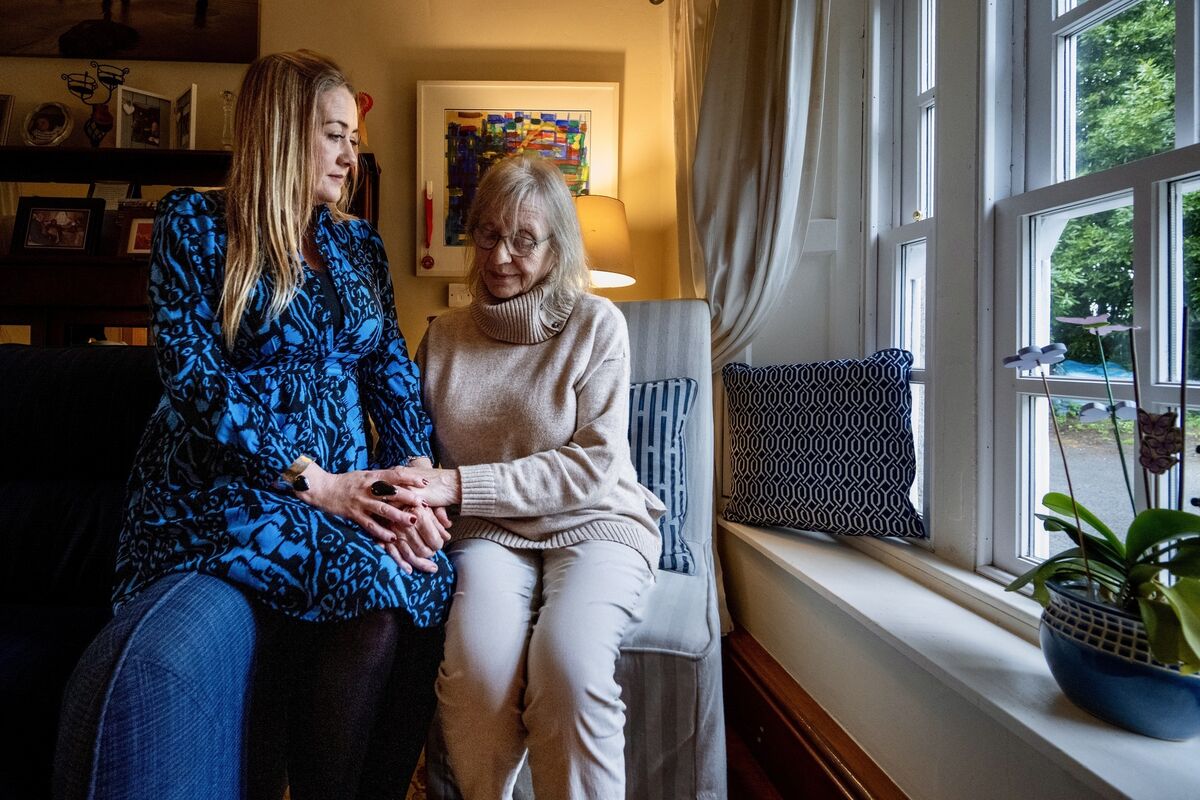
A record of December 3, 1992, in the Waterford Day Unit’s report does indicate that Fran attended her GP and that a urinary tract infection was diagnosed.
However, the commission heard that the GP’s records did not contain any note of an examination of Fran at that time.
The report said: “It does not necessarily follow from this that no examination took place, because the records regarding [Fran] were incomplete, something which [the GP] acknowledged in evidence, saying ‘my record keeping could have been better back then’.”
With regard to the “new behaviours” referred to in the report, a Waterford Day Unit worker told the commission that, around April 1991, Fran began doing things she had not seen before, namely pulling her pants and panties up and down and smacking herself on the bottom, “laughing hysterically”.
“Sometimes, if she had an object in her hand, she might put it between her legs and thighs,” the report said.
“There was no pattern to this behaviour, other than that she observed it on a weekly basis between April 1991 and December 1992.”
The report said that the Day Unit worker said she showed the behaviour to a second Day Care Unit worker who was “alarmed” and told her that she had never seen Fran exhibit this behaviour before. No reference to potential sexual abuse was made and Day Unit Worker 2 told the commission that that was because it could not be proved.
Nuala stated at the commission that she undertook a number of actions, engaging with a range of professionals involved with Fran’s health and support. However, while the commission said it did not doubt the behaviour witnessed by Mrs O’Keeffe and her friend, it was not satisfied that what is said to have flowed from the alleged incident — such as going to the GP, the Waterford Day Unit, and the hospital — occurred at that time, December, 1992. Nuala says:
"I suppose there was a naivety with me as well. I wanted her in a good system.
“At the commission, the foster mother said bruises on Fran came from this house.”
Molly also raised a number of concerns with regard to the commission’s engagement with her parents and their experience of the whole process.
“It felt like they interrogated my mother and assassinated her character,” she says. “Then later within their engagement with other witnesses, it was apparent of Nuala’s dedication, care, and commitment to Fran, hence I feel it was illogical the approach that had been taken. However, the process left our parents devastated.
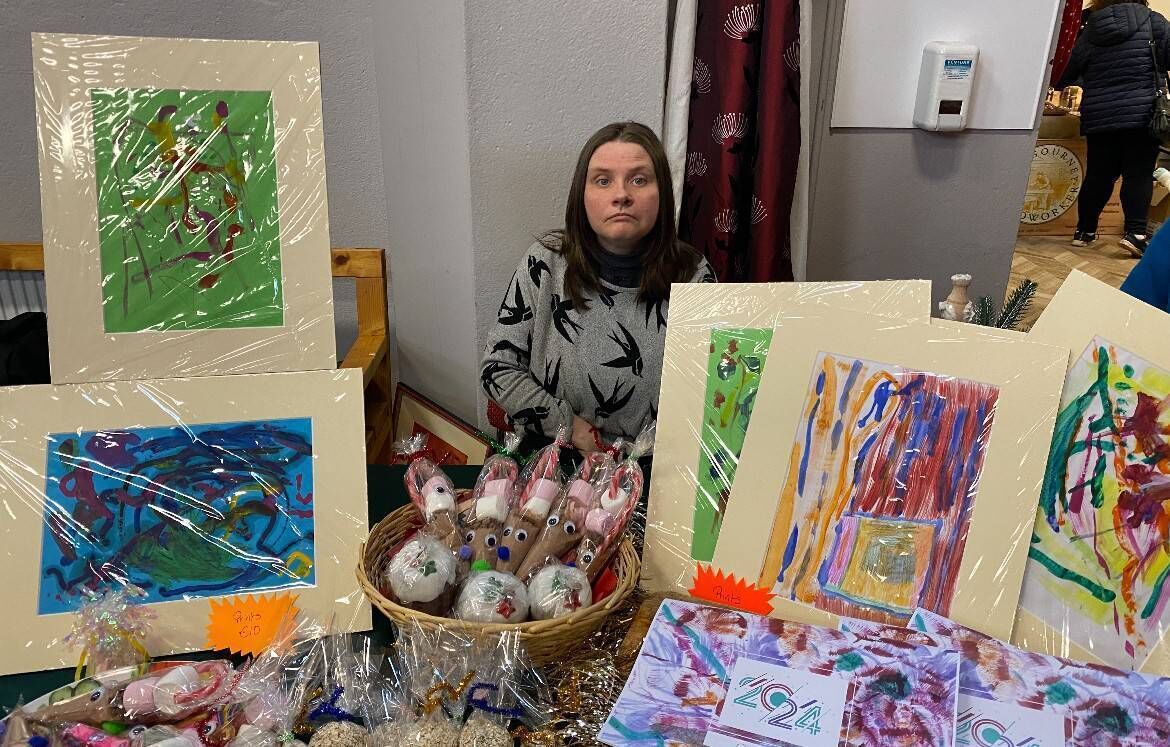
“I believe that there are clear failings within the commission. It failed to follow the key global principles with regard to an inquiry of abuse. It failed to appreciate the importance of the expert witness lived experience and appeared to showcase through their interactions a lack of compassion for the victims or their family within the process.”
Both of the foster parents who ran the home at the centre of the case are now deceased but the mother, Mrs X, did give evidence to the commission before she died.
“I should have picked up on things,” says Nuala. “I provided a special diet for Fran for her to have the best care. She wasn’t getting it.
“There were little things that I knew were not right, but nothing major. The foster mother had control: You had a time to collect Fran, you went into one room and didn’t see anything. Everything was managed. Fran shared a room with Grace."
The Farrelly Commission was told the Waterford Day Care Unit raised concerns with the Southern Health Board in writing, explaining that Nuala had removed Fran from the X home.
Gardaí launched an investigation, but nothing happened. Grace remained at the home with the X family despite the allegations raised by the O’Keeffe family.
The commission found failures in the investigation by the then Southern Health Board including the following:
- It was flawed and inadequate;
- He took an inappropriate approach to the concerns notified to the health board from the outset;
- He approached the concerns reported with scepticism.
Despite Fran’s evident joy now in living so close to her family, Nuala says she can’t let go of her guilt.
"When this happens, it just breaks you, I suppose.
“It is like you’ve failed all over again. You made the wrong choices. You have to live with that.
"When I see her sick, there are mornings she sleeps on, I’d be at the door listening. You’re always wondering, did something happen to her? Is she OK? That’s the way it is.
“That is not going to go away. When she is well and when there is joy in her life it’s wonderful. But the worry, the guilt, all comes into the mix.
“She is wonderful. I am always worrying. I’ll always believe it is my fault.”
For Molly, the search for the truth goes on. And with it, the need for accountability and redress.
Asked by the what she wants to happen, by going public, she is calm and considered.
"And we need to hold to account the individuals who perpetrated the harm and those who failed in their role to prevent [it] and protect Fran, Grace, and others.
“Fran, my mother, and the other victims deserve a real honest apology. Not one which is later diluted within a commission process. An apology that is accessible and delivered to these women and Irish citizens, both from the State and the HSE.
“Fran deserves assurances that the HSE will continue to support and partner with her, ensuring her human right to live in her own home surrounded by family and community.
“And that Fran, Grace and the other victims not only enjoy the right to be safe but that all their human rights are safeguarded. That as Irish citizens the government and its departments respect their dignity as human beings and that they are not only seen through the total sum of the label of their disability. That as individuals they are supported to belong and flourish within their families and communities. People not systems alone keep people safe”.
• If you are affected by any of the issues raised in this article, please click here for a list of support services.













